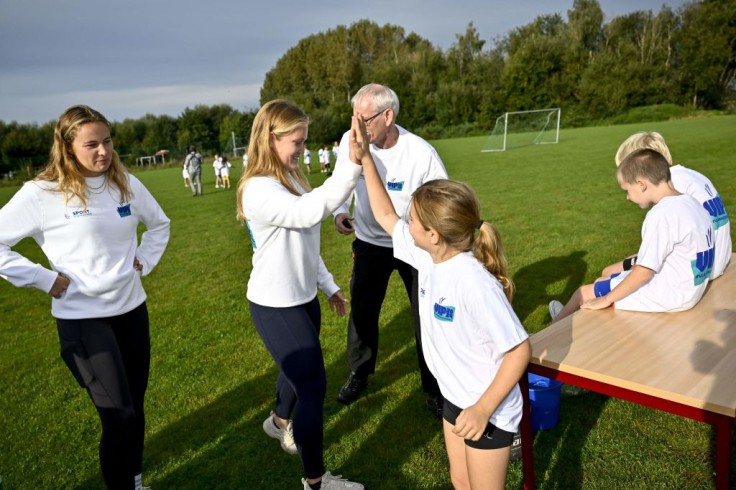
The challenge to balance schoolwork and playtime is a concern that has taken center stage for many parents today. As advocates for holistic child development, understanding the significance of both academics and playtime becomes imperative.
Academics: The Building Blocks of Knowledge
Academics play a pivotal role in child development. This structured form of learning imparts essential knowledge, critical thinking skills, and a discipline that shapes a child's worldview.
Engaging effectively in academics helps children build confidence, cognitive abilities, and an understanding of their environment. However, an exclusive focus on academics can overshadow the equally significant role of playtime.
Playtime: More Than Just Fun
Playtime, often seen as the lighter side of child development, holds immense value. It's during these free moments that children ignite their creativity, learn social interactions, and develop crucial life skills. Far from being a mere break from academics, playtime is a practical learning ground where children understand themselves and their surroundings.
To balance schoolwork and playtime doesn't mean splitting the clock equally but ensuring that each domain complements the other. A child engrossed solely in academics might miss out on the life lessons playtime offers, while a child always at play might not be prepared for structured challenges.
Creating a Harmonious Balance
The need to balance schoolwork and playtime isn't just about time management; it's about optimizing the opportunities both realms offer for child development. Here's how:
Structured Yet Flexible Routines: While setting specific times for homework and play is effective, ensure there's flexibility. It helps children adapt and prioritize tasks.
Engage in Collaborative Activities: Encourage activities that involve both learning and playing with peers. Group projects, science experiments, or book clubs can be an excellent way to integrate academics with playtime. Working together enhances both social skills and academic understanding.
Establish a Reward System: Use a reward system to motivate your child. For instance, after a focused study session, allow an extended playtime or a special activity. This not only encourages a balance between academics and playtime but also teaches them the value of earning their fun time.
Encourage Diverse Play: Instead of sticking to one type of play, introduce your child to various activities. Board games can enhance cognitive skills, while outdoor adventures foster physical growth and creativity. Diverse play complements the diverse subjects and skills learned in academics.
Set Up a Study-Friendly Environment: Having a dedicated, distraction-free space for schoolwork can make academic tasks more efficient. When study sessions are productive, there's naturally more time left for play. Equip the study area with all the necessary tools and make it as comfortable as possible.
Open Dialogues: Talk with your child. Understand their feelings towards academics, their playtime preferences, and how they envision their daily routine.
Tech Boundaries: In this digital age, playtime often merges with screen time. Set clear boundaries to ensure children experience traditional forms of play alongside digital exploration.
Remember, the essence lies not in creating stark boundaries between academics and playtime but in interweaving them. It's this intricate dance between structured learning and free play that fosters holistic child development.
In conclusion, to balance schoolwork and playtime is to embrace the full spectrum of child development. When these two pillars are given their due importance, children not only grow in knowledge but also in character, creativity, and life skills. So, embark on this fulfilling journey of blending academics and playtime, and witness the multifaceted growth in your child.